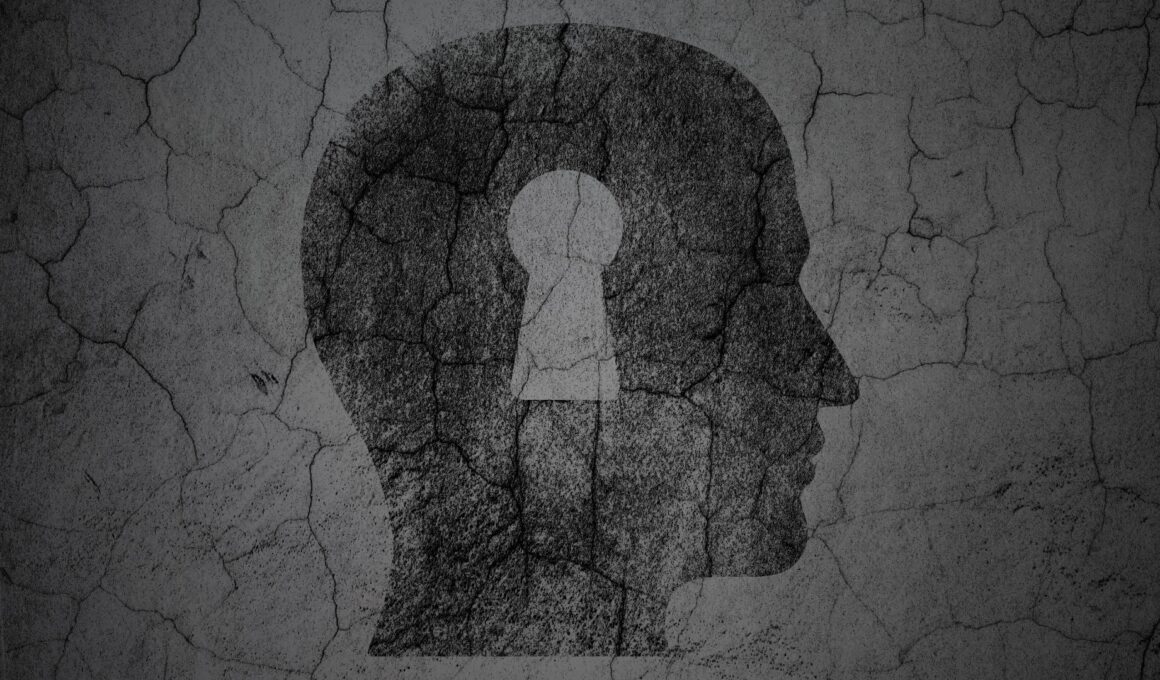A psychosomatic illness is an illness that is thought to have a psychological component underpinning its effects. This is not to say that the condition is by any means invented, as the case might be for a hypochondriac and nor is it to say the condition is actually a mental health issue primarily. Instead then, the psychosomatic illness is an illness that is made worse or that is triggered by the mental state of the patient.
A good example of this would be how stress can make many conditions worse. You might suffer from heart problems for instance, but this would be made worse by any stress or anger. Likewise stress can cause things like eczema, like psoriasis or like sleeping problems. These are physical conditions that affect your body and they are things that are not entirely created by your psychology, however they are closely tied to your stress.
The term psychosomatic is one that can be used in a range of situations. In some ways you could consider almost every single condition to be psychosomatic. This is because the effectiveness of our immune system, how well we sleep and how we handle our own recovery are all factors that relate strongly to our psychology. This is a whole area of study that is known as psychoneuroimmunology.
However we only tend to use the term when describing something that is more largely related to mental health or mood, as the case might be for psoriasis (1) or something like irritable bowel syndrome which often gets worse with stress. In some other cases, it might not be known to what extent psychology might be involved in a condition. For instance, in the case of a condition like ME it is debated to what extent the condition may or may not be psychosomatic.
Similar Conditions
Slightly different is something called a psychosomatic symptom. This is a physical symptom that is entirely caused by the individual’s psychological state. For instance, stress can cause chest pain, while depression can cause severe physical lethargy, poor sleep or aching joints. The word ‘heartbreak’ is used to describe people who have had a bad relationship, often because of the physical feeling of pain it can cause in the chest – literally as though your heart has been broken. Being nervous meanwhile is known to cause ‘butterflies’.
Another similar but distinct phenomenon is the ‘nocebo’. A nocebo is the opposite of a placebo, and whereas a placebo can make you feel better just because you expect it to, the nocebo makes you feel worse because you think you are going to.
For instance then, if you know that everyone in your office has got a cold and you’ve been spending a lot of time with them, you might start to worry that you’re going to then get a cold yourself and this could then lead you to start feeling lethargic and ill. Similarly, if you think you haven’t had a good night’s sleep, then this can end up causing you to feel groggy and ill the next day – even when you actually slept fine. Again, this isn’t just something you’re imagining, you’re actually bringing about measurable changes in your body just as a placebo can cause measurable effects to the point where it might upset results of a clinical trial.
How Psychosomatic Conditions Exert Their Effects
So then how can your thoughts make you feel ill? How can simply being stressed cause you to get chest pain? How does expecting to get a cold make you likely to?
Well there are a huge number of mechanisms through which this can happen and we probably aren’t aware of all of them. But consider that your thoughts can directly impact on the hormones that you release. If you feel happy you will release ‘happiness hormones’ and you’ll be more likely to feel relaxed. A hormone like cortisol on the other hand – associated with stress – can negatively impact the function of your immune system and can even make your body more likely to store fat rather than burning it.
There are many more mechanisms of action too. Being scared or excited for instance raises heart rate and this in turn can burn calories but it can also increase blood pressure and cause heart concerns. Different emotions and thoughts can even cause blood to direct itself more to certain areas. During the ‘fight or flight’ response, you’ll be less likely to digest food as quickly because your energy and circulation will be taken away from your digestive system. Then there is perspiration, body temperature, sleep quality and even muscle tension – all things that can be impacted by your thoughts.
The connection between mind and body is a two way street and it’s very powerful, so it’s always important to consider the psychosomatic element in any health concern.




